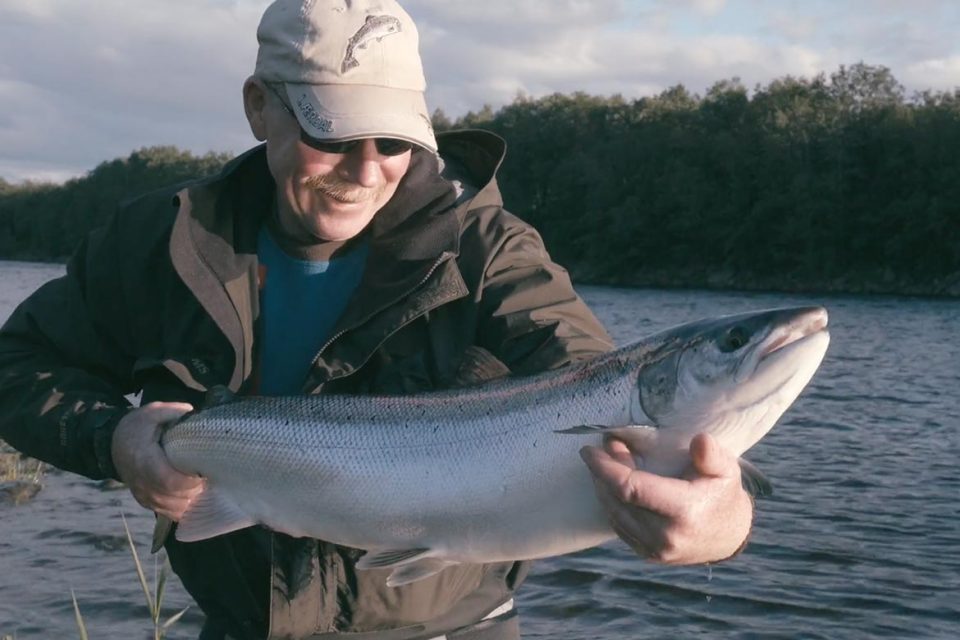CLACKAMAS, Ore. – Oregon and Washington fishery managers recently announced seasons and regulations for 2019 summer and fall Columbia River fisheries.
Although coho returns are projected to be much better than recent runs, below-average projections for summer Chinook, fall Chinook, sockeye, and upriver summer steelhead will require another year of reduced seasons and bag limits, and in some cases closures for these runs.
The summer season will be limited to steelhead retention. The weak summer Chinook forecast of 35,900 fish returning to the Columbia River would be the lowest return since 2000 and too small to provide for directed harvest in non-treaty fisheries. Similar to 2018, sockeye retention will also be prohibited due to projected low escapement.
The fall seasons will start Aug. 1 based on a projected return of 349,700 fall Chinook, which is almost 20% higher than the actual return of 293,400 last year. This year’s forecast includes 159,250 upriver bright Chinook, compared to a return of 149,000 in 2018. The allowed harvest rate of 8.25 percent on this stock is down from 15 percent available during many recent years, resulting in shorter fall Chinook retention seasons.
“The reduced harvest rate for upriver bright fall Chinook has made it challenging to design fall recreational fisheries the last two years,” said John North, fisheries manager for ODFW’s Columbia River Program. “Working with the public in the recent season-setting process, we tried to balance opportunity with management constraints for fall Chinook and steelhead”.
Due to the low projected returns for upriver summer steelhead, additional protective regulations are needed this fall including a one steelhead daily bag limit and area-specific steelhead retention closures. The rolling 1-2 month closures start in August and progress upriver following the steelhead return to reduce take of both hatchery and wild fish. These closures affect the mainstem Columbia and the lower reaches of specific tributaries.
For more information about upcoming Columbia River seasons, including regulation updates, visit ODFW’s online fishing reports at www.myodfw.com.









